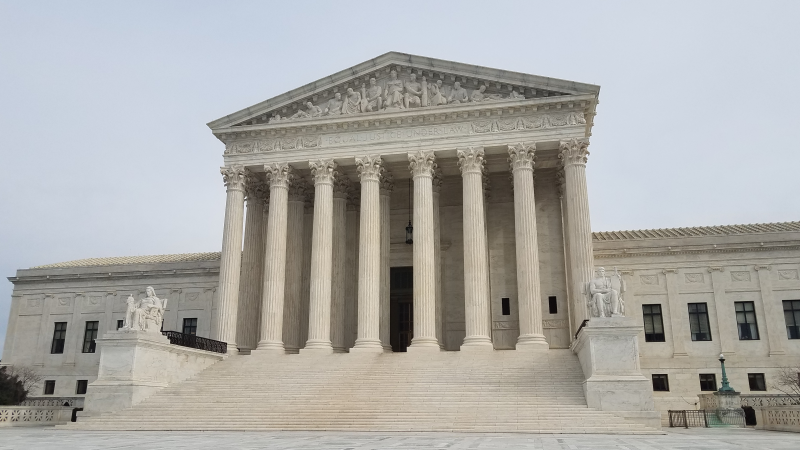Ex-FBI analyst with nearly 390 classified docs in home sent to prison for violating Espionage Act
The defendant did not reveal why she kept the classified documents at her house.
A former FBI analyst has been convicted of violating the Espionage Act in connection with having nearly 400 classified document in her Missouri home and has been sentenced to nearly four years in prison.
The Justice Department said the ex-analyst, Kendra Kingsbury, was sentenced Wednesday in federal court and that some of the documents include information on national defense and secret methods of collecting national security intelligence.
The documents also describe U.S. government efforts related to counterterrorism, counterintelligence and defense against cyber threats – including details on investigations across multiple agency field offices. They also include information about al Qaeda members, including a suspected associate of 9-11 mastermind Osama bin Laden, the department said.
“It’s not something that happens often,” former FBI Assistant Director of Intelligence Kevin Brock told Just the News on Thursday about FBI employees taking such documents. “It shows criminal intent.”
Kingsbury, who held "Top Secret" security clearance told investigators she repeatedly took classified documents and other sensitive material from the FBI and kept it at her house in North Kansas City, Missouri.
Kingsbury worked for the bureau for over a decade, from 2004 to 2017, and during that time focused on cases related to illegal drug trafficking, violent crime, gangs and counterintelligence.
She was sentenced to 46 months in federal prison followed by three years of supervised release, after pleading guilty on Oct. 13, 2022, to two counts of unlawfully retaining documents related to the national defense.
The FBI warned Kingsbury that she was prohibited from keeping classified information at her personal residence, according to prosecutors, and that classified documents could only be stored in an FBI approved facility and container.
Kingsbury, 50, has not said why she took the documents, and the FBI has yet to determine her motive.
However, she made "suspicious" calls to phone numbers associated with subjects of counterterrorism investigations, and these individuals also made telephone calls to Kingsbury, the department said.
















